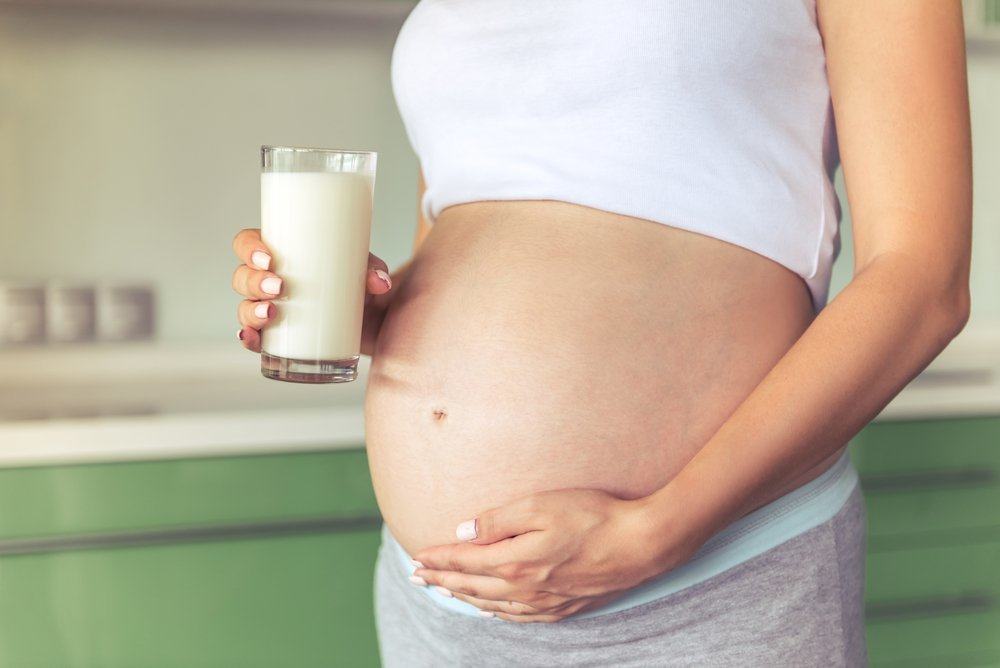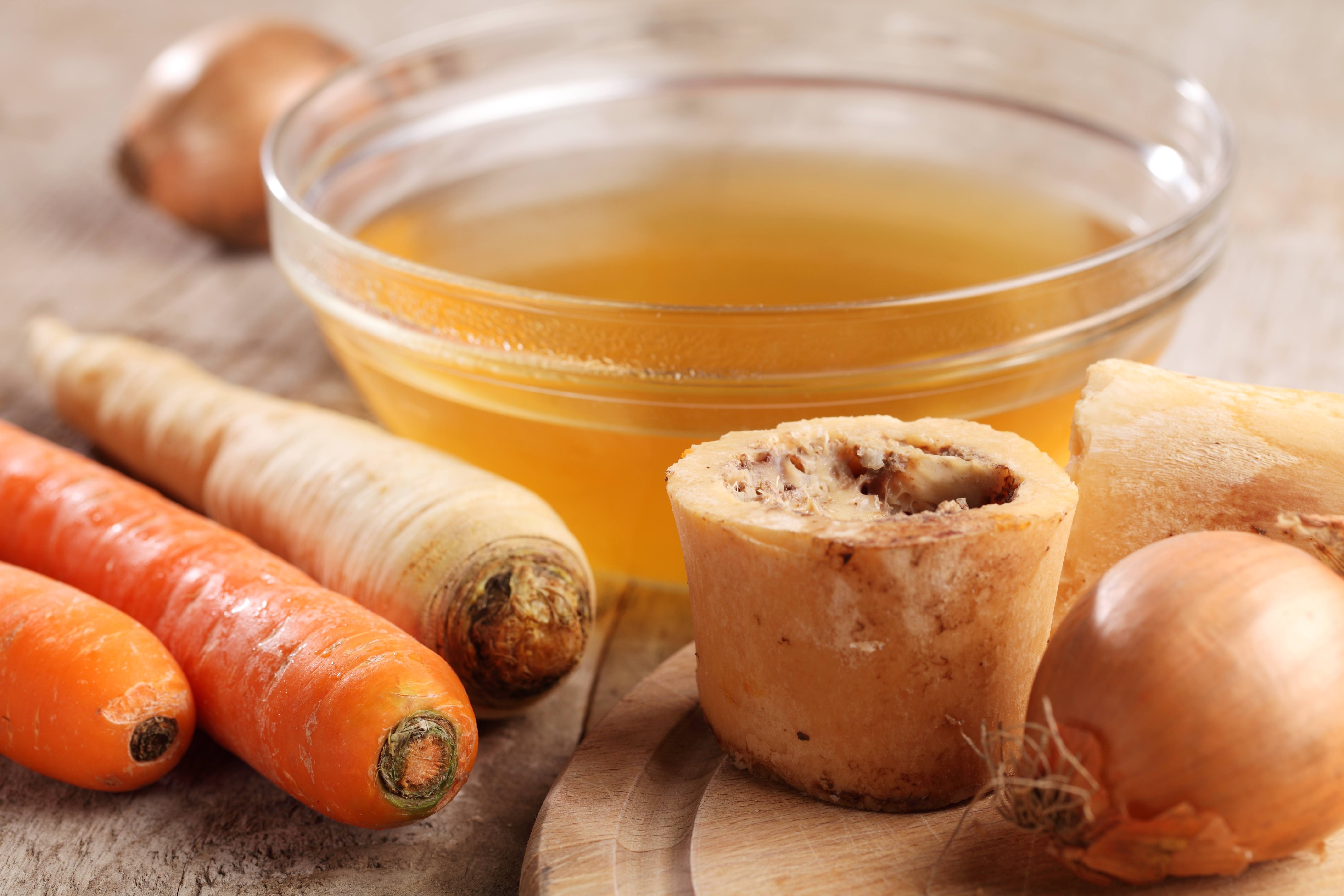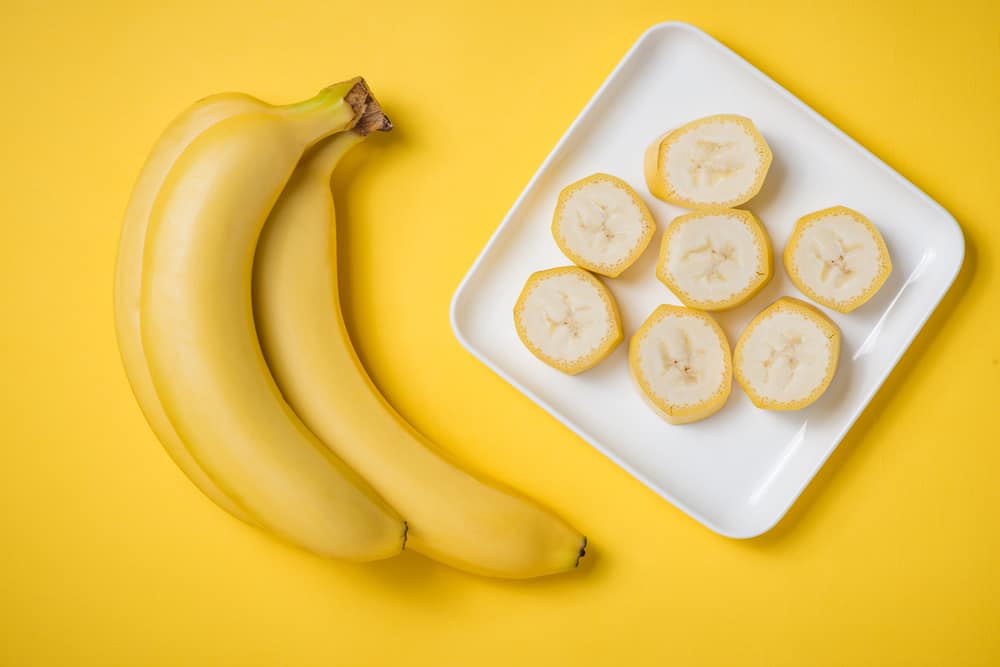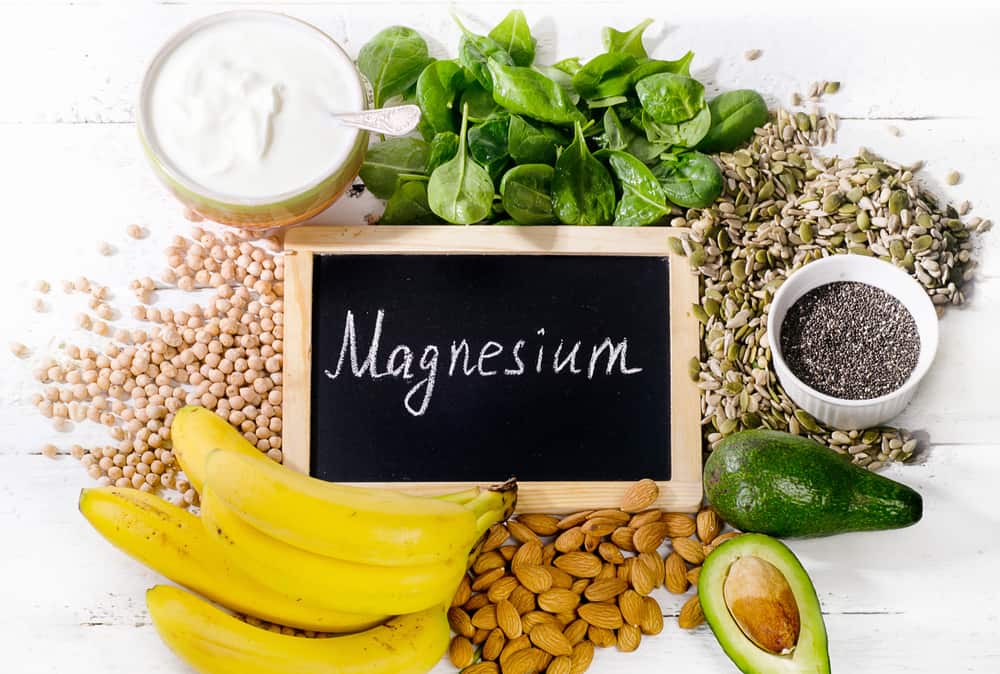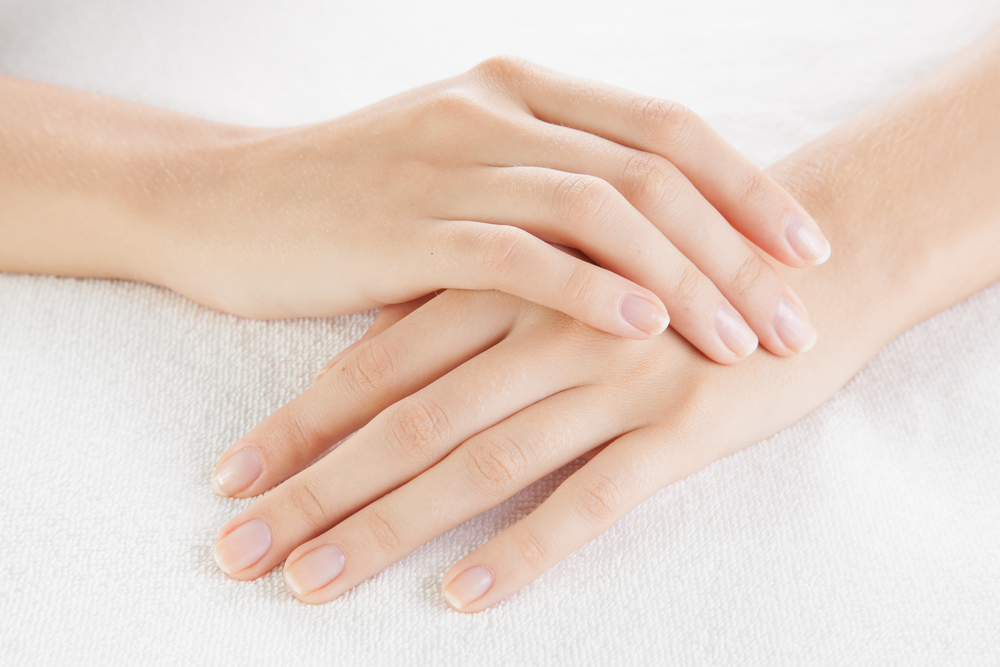Contents:
- Medical Video: Sperm Count | Nucleus Health
- How is the mother's bone during pregnancy?
- What is the bone of the mother during breastfeeding?
- Can the reduced bone density during pregnancy and lactation be improved?
- Tips for maintaining bone health during pregnancy and lactation
- Meet your calcium needs
- Do exercise regularly
- Apply a healthy lifestyle
Medical Video: Sperm Count | Nucleus Health
As you know, the nutritional needs of pregnant women and nursing mothers are increasing. This includes calcium requirements. This happens because the baby needs calcium intake for the growth and development of the bones obtained from the mother. In addition, pregnancy and breastfeeding also cause changes in the mother's body, one of which is a change in bone metabolism. Bone density during pregnancy and lactation can change. Can this be corrected?
How is the mother's bone during pregnancy?
When pregnant, the mother provides all the nutrients the baby needs through her bloodstream, including calcium. Yes, babies in the mother's womb during pregnancy need lots of nutrients for their growth and development. Calcium is needed for the growth of bones and teeth in the womb. Pregnant women get calcium from food or supplements that they consume, then calcium is transferred to the baby through the placenta.
However, when the calcium intake obtained by the mother from food cannot meet the needs of the baby, the mother's body will take calcium from the mother's bone. This can cause maternal bone density to decrease. This is why pregnancy can affect maternal bone health. In order for calcium from your bones not to be "taken" by a baby in the womb, then you must meet your calcium needs during pregnancy.
READ ALSO: 8 Nutrients Most Needed During Pregnancy
So, you don't need to worry about your bone density during pregnancy as long as you can meet your bone needs. But, actually pregnancy can also help protect your bone health, by:
- Pregnant women can absorb calcium from food and supplements more than women who are not pregnant. Although between pregnant women and non-pregnant women both consume food sources of calcium with an amount of 20 mg, but the body of pregnant women is more able to absorb more calcium (18 mg, for example), compared with non-pregnant women (which can only absorb 15 mg of calcium , for example).
- During pregnancy, women also produce more estrogen, which is able to protect the bones.
What is the bone of the mother during breastfeeding?
Even when breastfeeding, the mother's calcium needs are still high. This is because calcium is needed to produce milk. However (just as during pregnancy), maternal calcium needs that are not met from food or supplements that mothers consume will cause maternal bone density to decrease. Because, lack of calcium to produce this milk will later be taken from the mother's bone.
The condition when breastfeeding may be somewhat different from when pregnant. Bone density in nursing mothers may be reduced because the mother's body produces less estrogen (which can protect bones). Research shows that nursing mothers usually experience 3-5% loss of bone density.
If you don't want to keep your bone density during breastfeeding, you need to meet your calcium needs. The amount of calcium that the mother needs during breastfeeding depends on the amount of milk the mother produces and how long the mother feeds the baby.
READ ALSO: 3 Food Menu Recipes to Improve Bone Health
Can the reduced bone density during pregnancy and lactation be improved?
Even though maternal bone density can be lost during pregnancy and lactation, calm down because this is only temporary. Several studies have shown that maternal bone density will return within about 6 months after weaning or when the mother has not given breast milk to her baby.
One of them is a study conducted by Salari and Abdollahi in 2014 which showed that pregnancy has a protective effect on bone, especially if followed by breastfeeding. Research by Hilary Flower also said that the recovery of maternal bone density begins when babies are introduced to solid foods (usually at the age of 6 months) and at the age of 12 months the mother's bone density has fully returned, quoted from Kellymom. So, bone health is not an obstacle for your baby to get pregnant or breastfeeding.
Tips for maintaining bone health during pregnancy and lactation
Your bone density can be reduced during pregnancy when you cannot meet your calcium needs. If it happens continuously, this might cause you to experience osteoporosis in your old age. However, don't worry because you can still maintain your bone health. How to?
According to the 2013 Nutrition Adequacy Rate (AKG), pregnant women and nursing mothers need calcium intake of 1200-1300 mg per day. You can get calcium from milk, yogurt, cheese, green vegetables (like spinach, broccoli, kale), fish with bones (like sardines and anchovies), sometimes almonds, and others. If you feel that your calcium intake from food doesn't meet your needs, maybe your doctor will prescribe calcium supplements for you. Consult with your doctor whether you need calcium supplements or not during pregnancy and lactation, also ask how much extra calcium you need from supplements.
Regular exercise, especially weight-bearing exercise (gravity), can help you maintain bone strength. Some types of exercise that you can do during pregnancy and lactation are walking, climbing stairs, relaxing, and dancing.
Keep yourself away from cigarettes and also cigarette smoke and alcohol during pregnancy and lactation. Cigarettes can adversely affect the health of your bones, heart and lungs. So is alcohol that is bad for your bones.
READ ALSO: Why are Menopausal Women at Risk for Osteoporosis and Osteoarthritis?

